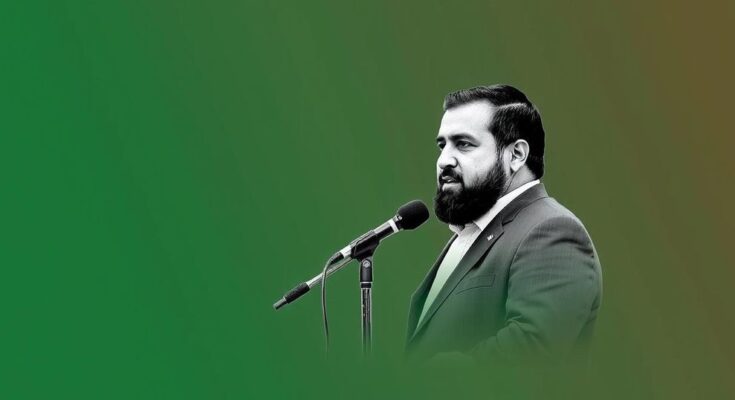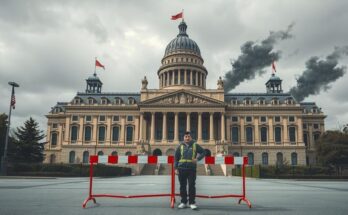The Tajik opposition has urged international governments for support against President Rahmon’s oppressive regime. Led by Sharofiddin Gadoev, the movement calls for political reforms, the release of political prisoners, and adherence to human rights laws. They warn of radicalization risks due to a lack of democratic options and call for an investigation by the International Criminal Court into abuses by Rahmon’s government.
The Tajik opposition group, “Reform and Development of Tajikistan,” has made an urgent appeal to major Western governments, including the USA, UK, Canada, Norway, and EU nations, seeking their assistance in fostering constructive dialogue with President Emomali Rahmon’s regime. This call highlights the need for global support to alleviate the ongoing humanitarian crisis marked by severe crackdowns on political dissent, civil society, and independent journalism. Sharofiddin Gadoev, the movement’s leader, emphasized vital objectives: releasing political prisoners, safeguarding journalists and activists from persecution, and ensuring uncensored free speech alongside an independent press. He stressed the requirement for Tajik laws to align with international human rights norms while insisting on the necessity of free and fair elections that include all political parties. The group warns the global community that Tajikistan’s young populace faces a dangerous void in democratic choices, risking radicalization and exploitation by extremist factions. The absence of reform and imminent destabilization may lead to a refugee crisis, posing a severe security threat not just locally but throughout Central Asia. They have called upon the International Criminal Court to investigate the regime’s serious crimes, such as torture and enforced disappearances, as repeated requests to free political prisoners and halt state repression have been met with indifference by the Tajik authorities. The situation deteriorates as human rights violations persist unabated.
The Tajikistan political landscape is marred by rampant human rights abuses under President Emomali Rahmon’s rule, characterized by systematic targeting of political opposition, unwarranted arrests, and a chilling atmosphere for journalists and activists. As a result, the opposition movement seeks international intervention to promote dialogue and reform, highlighting the potential for extremist groups to take advantage of the current vulnerabilities due to a lack of democratic representation.
The urgent call from the “Reform and Development of Tajikistan” underscores a dire need for international action to combat the deteriorating human rights situation in Tajikistan. With the potential for radicalization and regional instability looming, the plea for global solidarity aims to restore hope for a democratic future and to protect an increasingly threatened civil society.
Original Source: timesca.com



